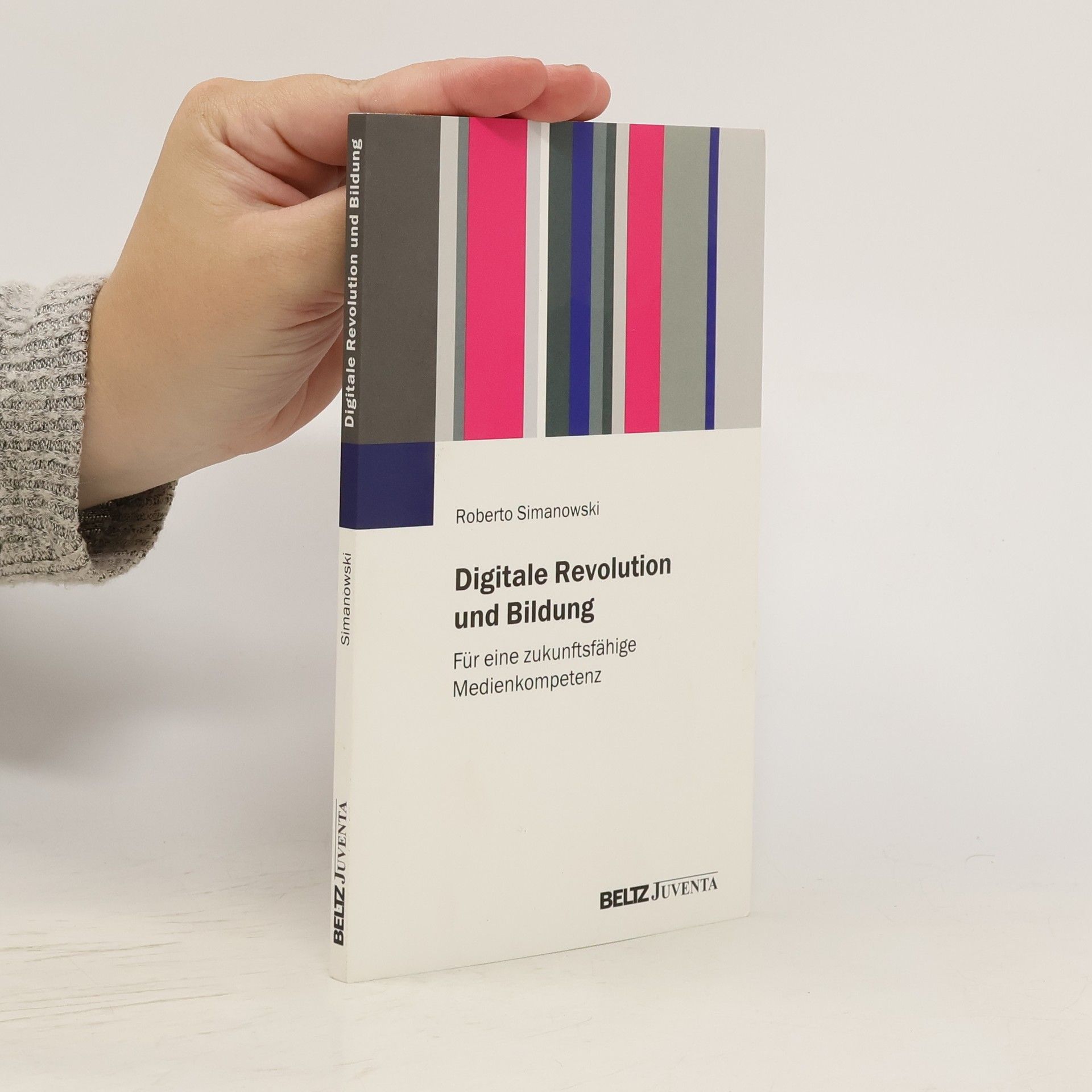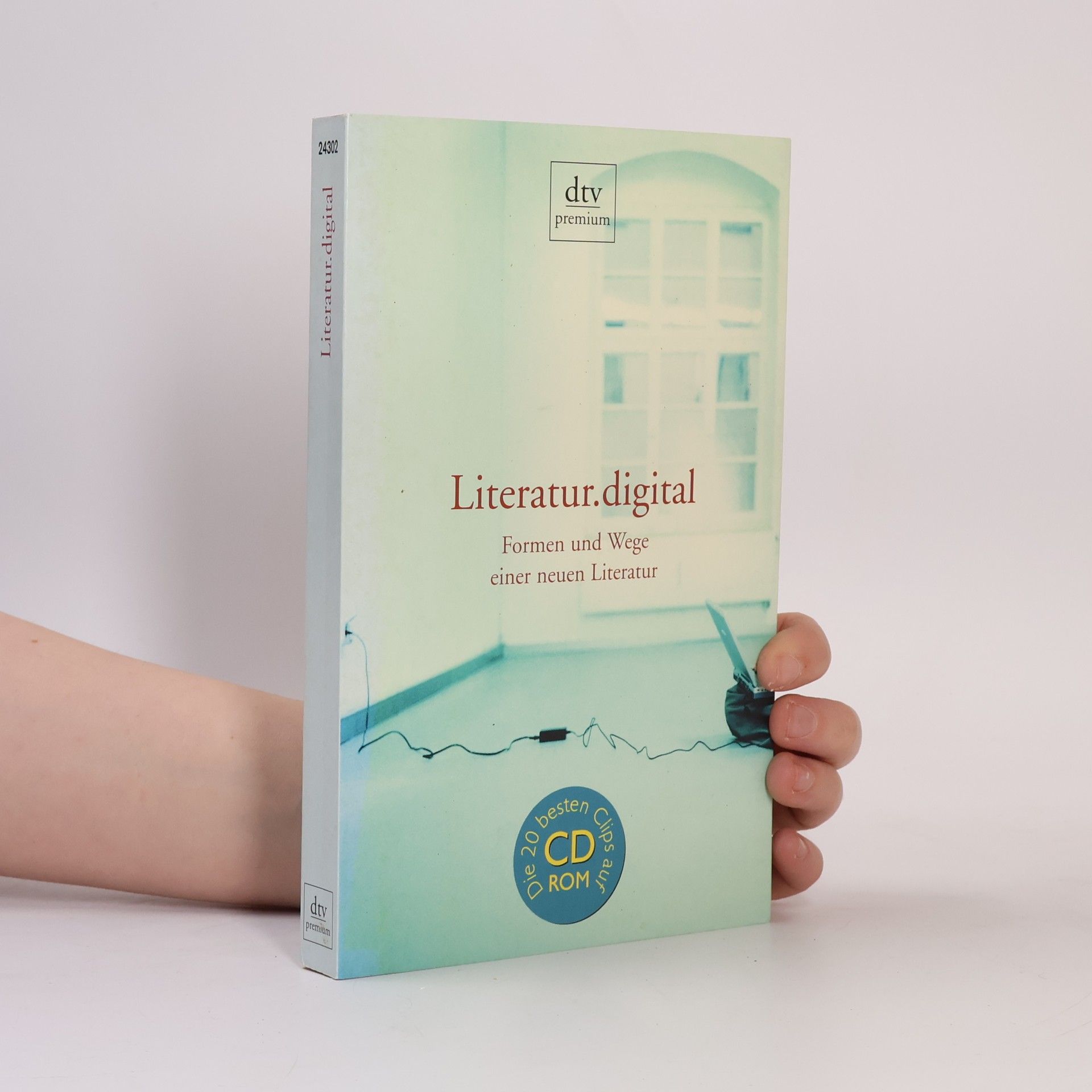Digitale Medien in der Erlebnisgesellschaft
- 302pagine
- 11 ore di lettura
Roberto Simanowski studierte Deutsche Literatur und Geschichte an der Friedrich-Schiller-Universität Jena, wo er 1996 zur Unterhaltungsliteratur um 1800 promovierte. Er arbeitete 1997 bis 1998 als wissenschaftlicher Mitarbeiter an der Georg-August-Universität Göttingen im Sonderforschungsbereich „Internationalität nationaler Literaturen“, war Humboldt-Stipendiat an der Harvard University 1998 bis 2000 und an der University of Washington 2001 bis 2002 sowie Gastprofessor am Institut für Medienwissenschaft der Friedrich-Schiller-Universität Jena 2002 bis 2003. Seit 2003 lehrt er als Assistant Professor für German Studies und Digitale Ästhetik an der Brown University in Providence, Rhode Island. Er lebt in Boston und Berlin.







